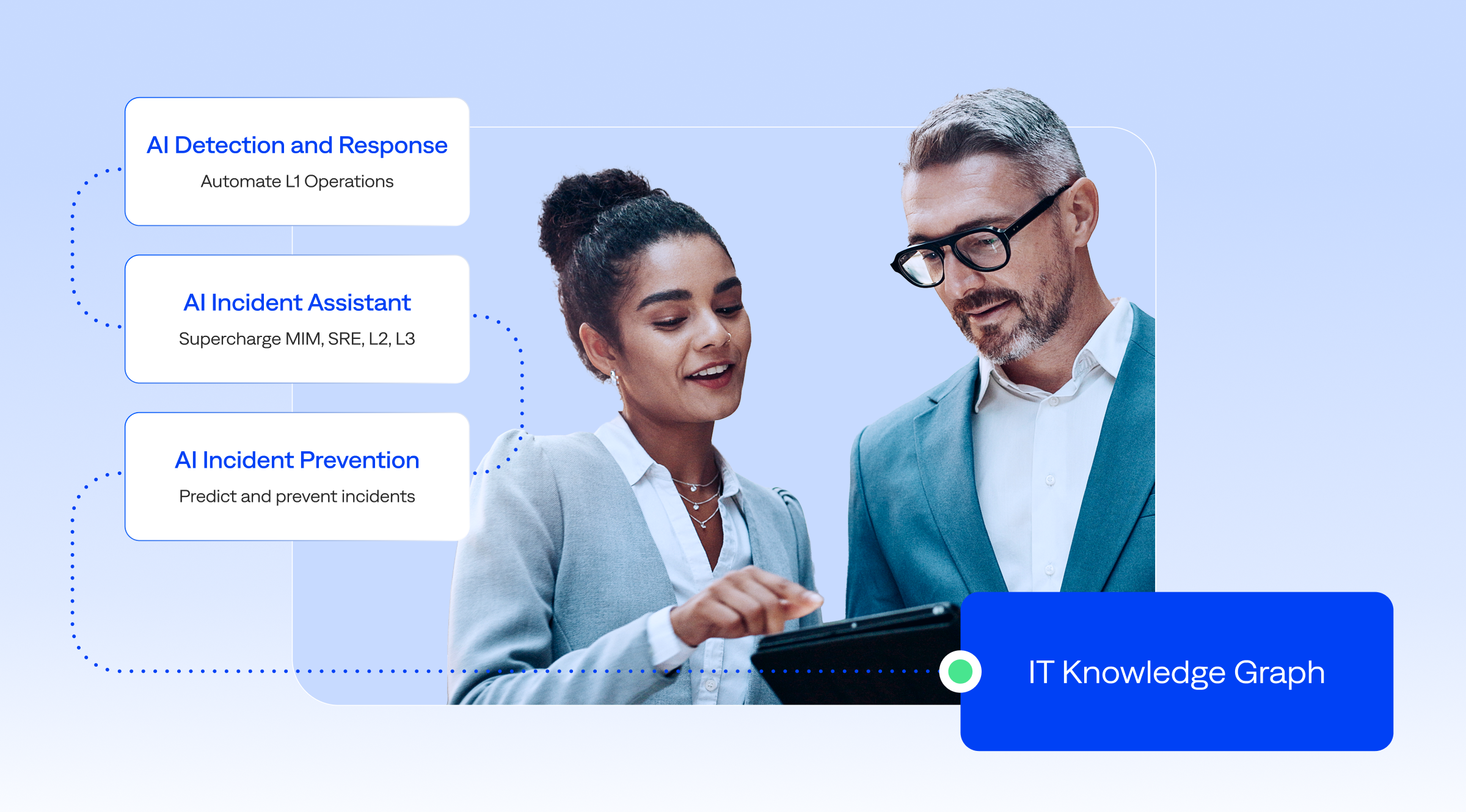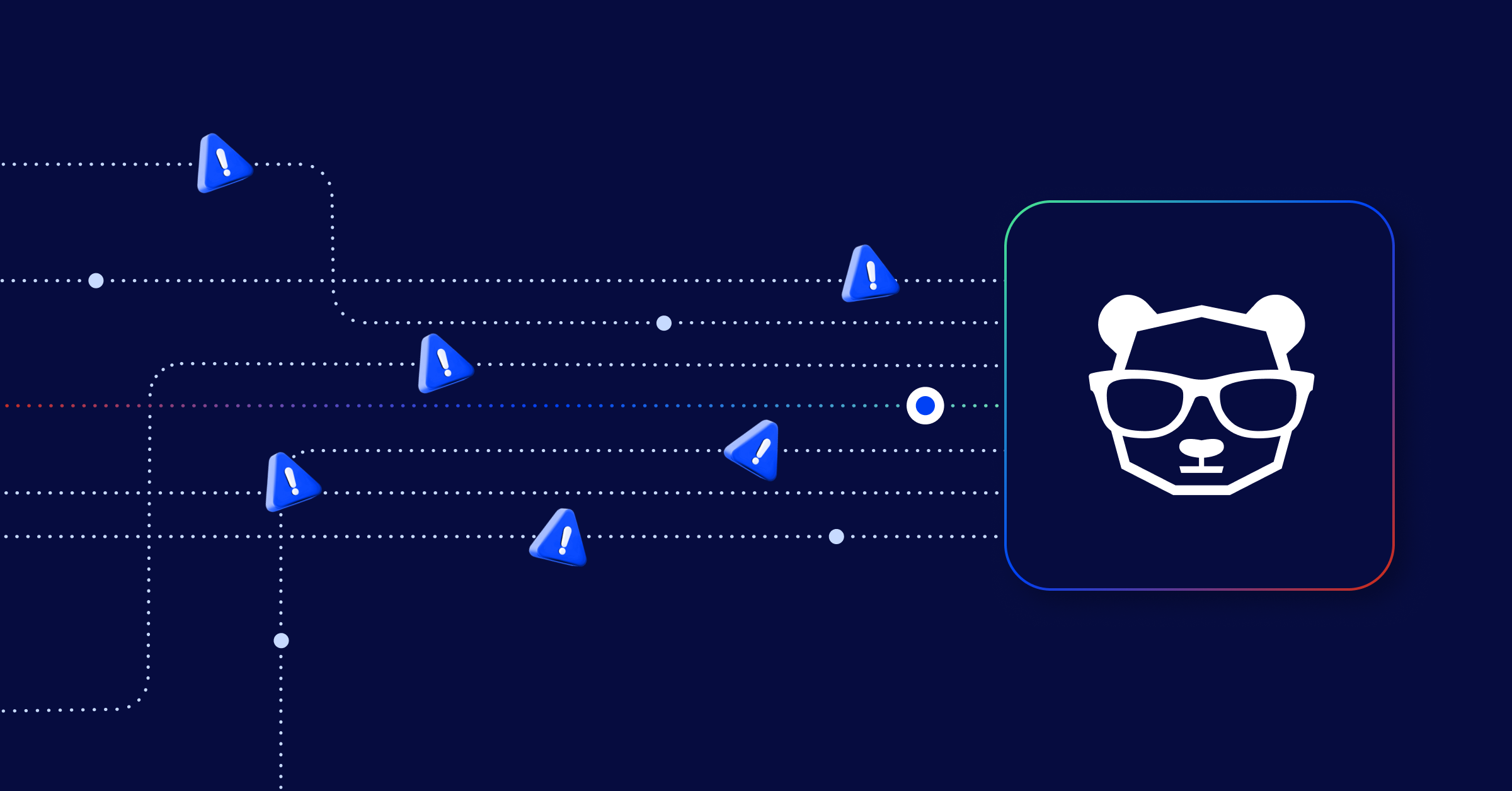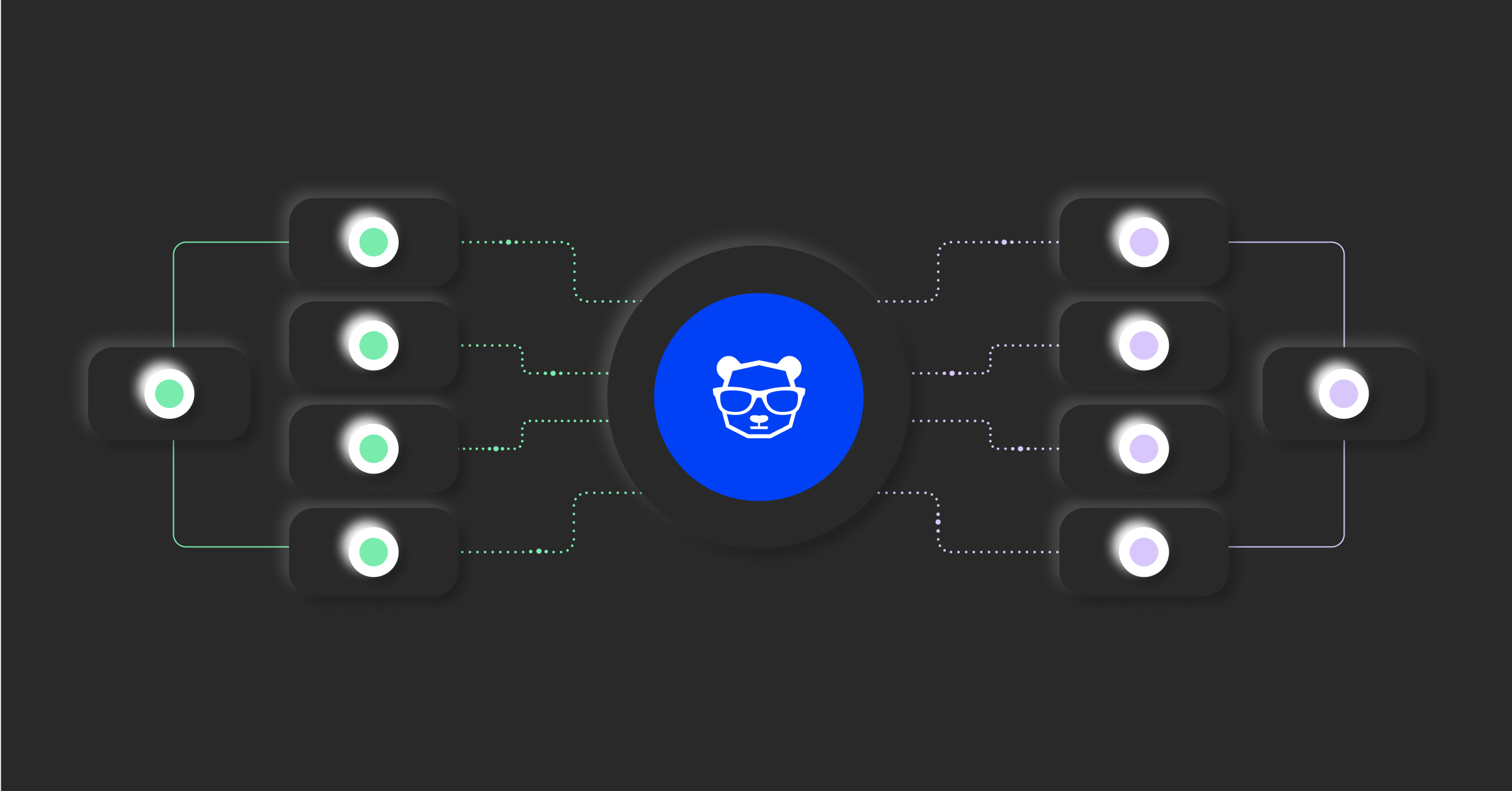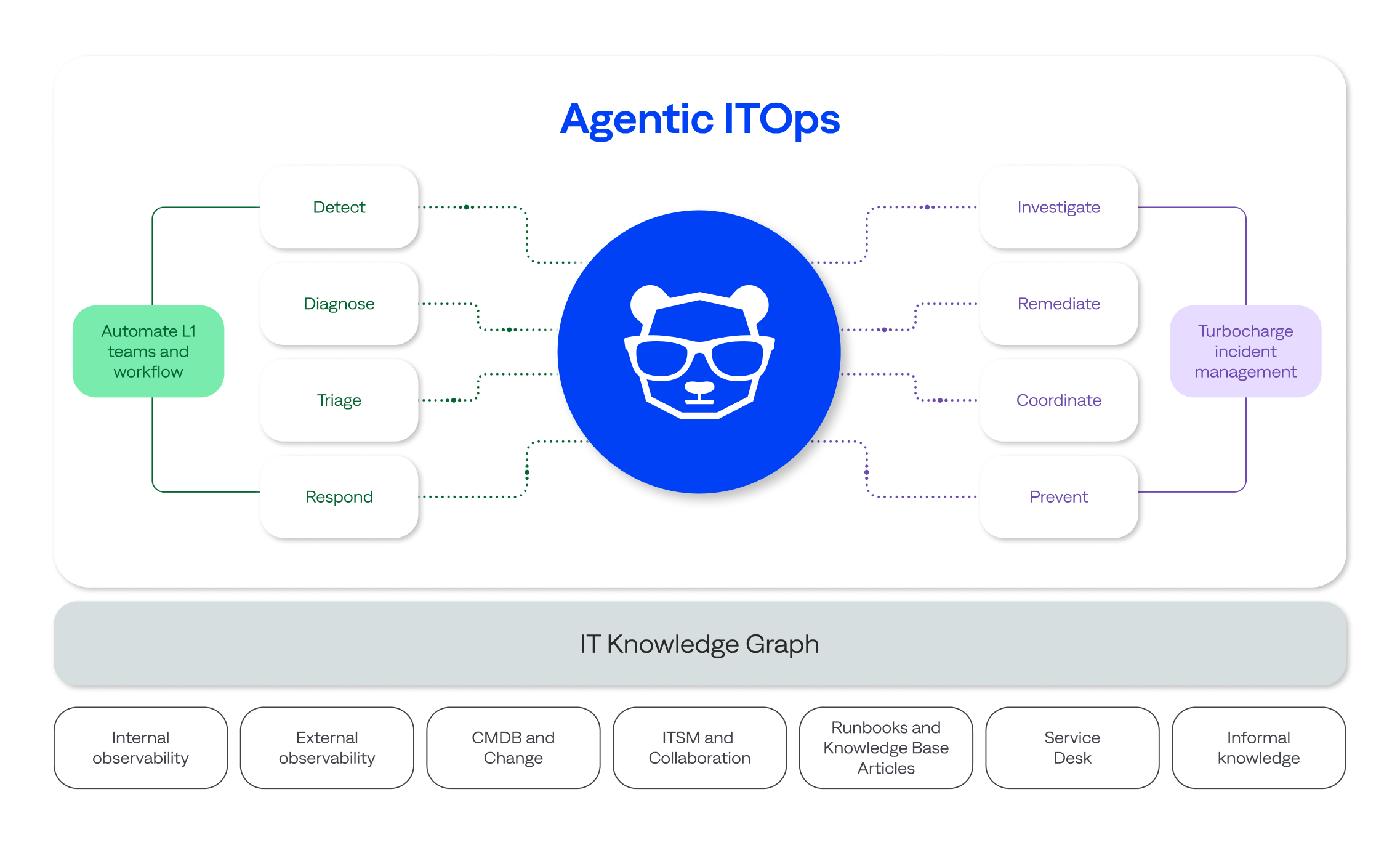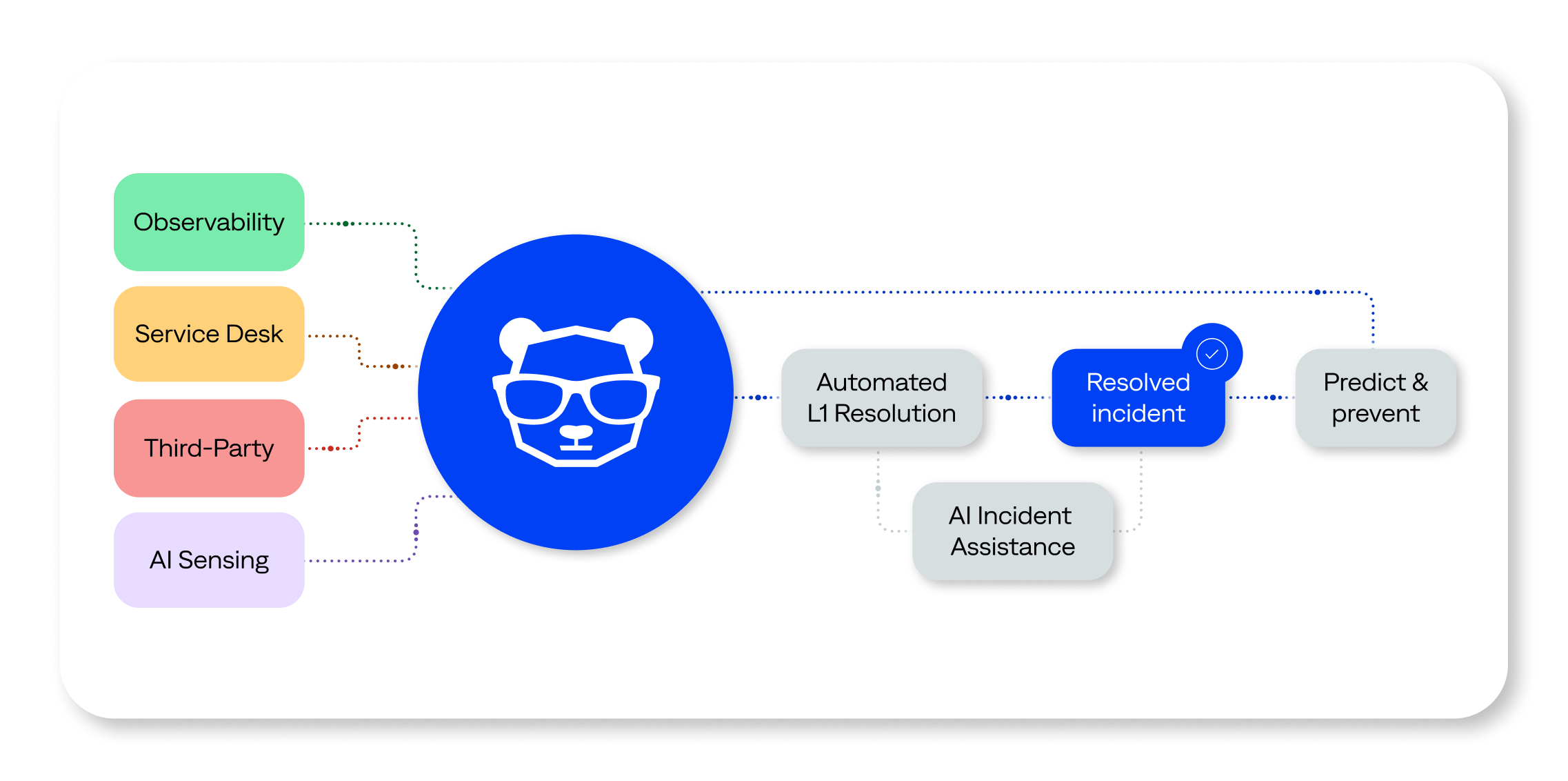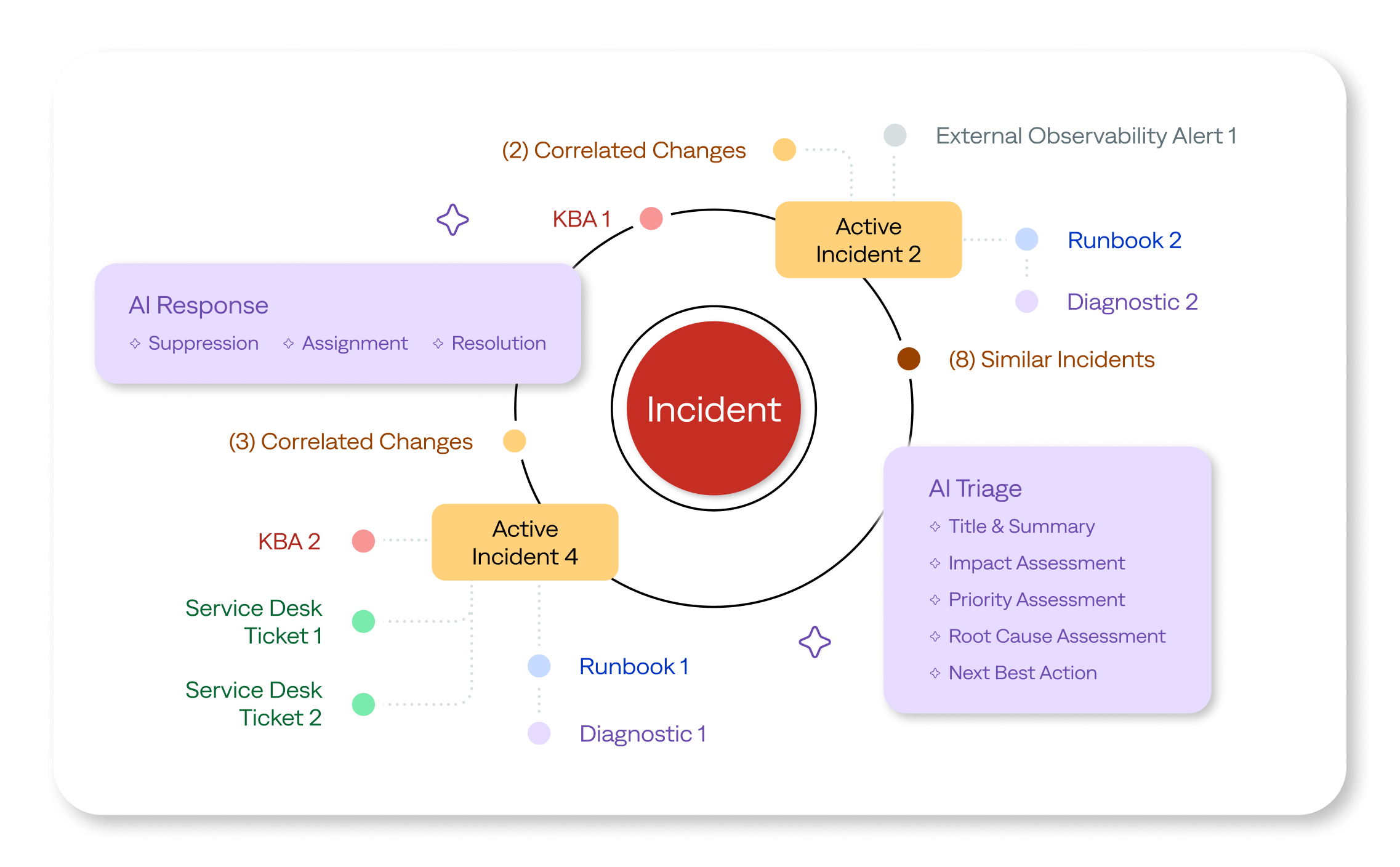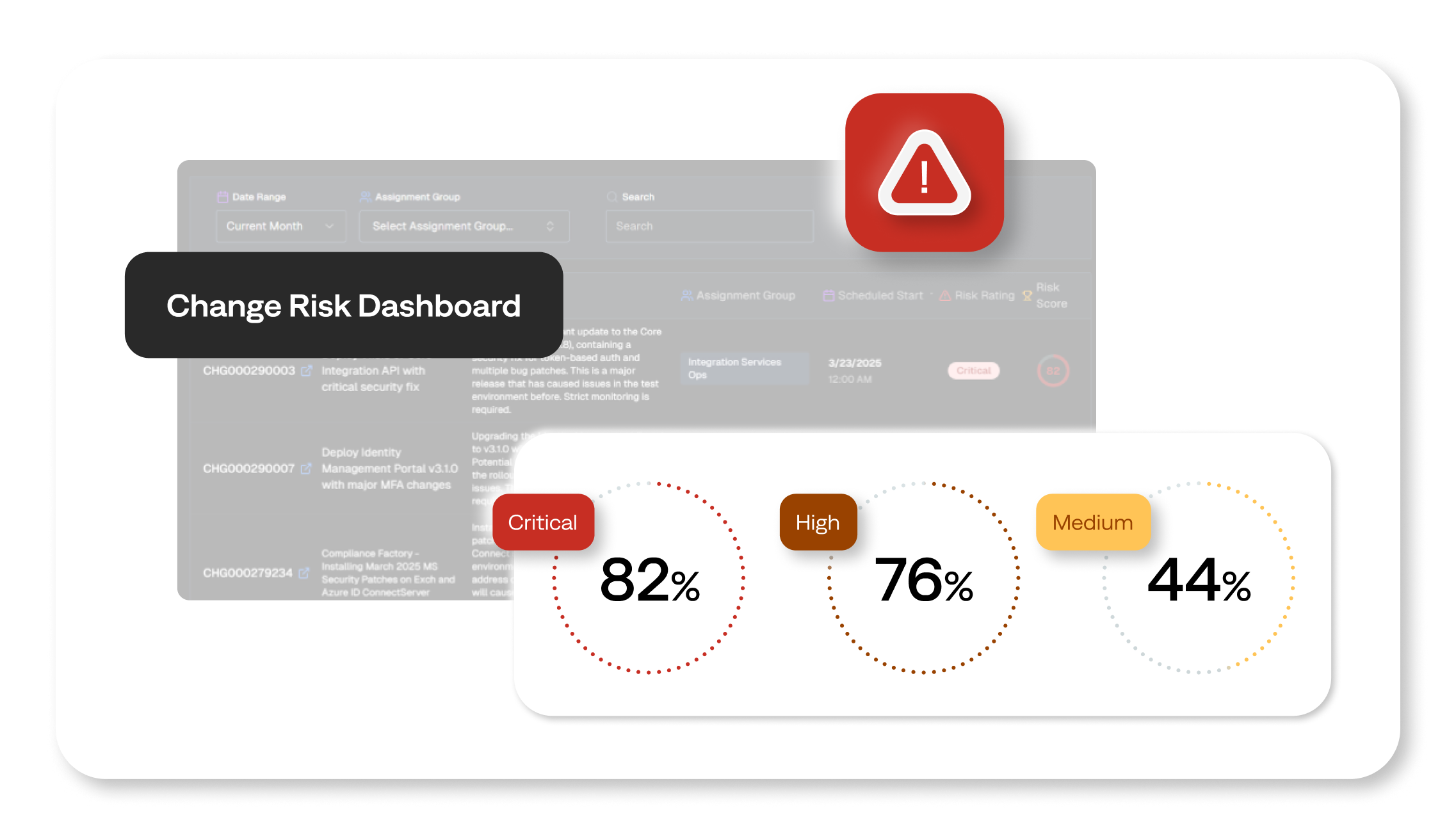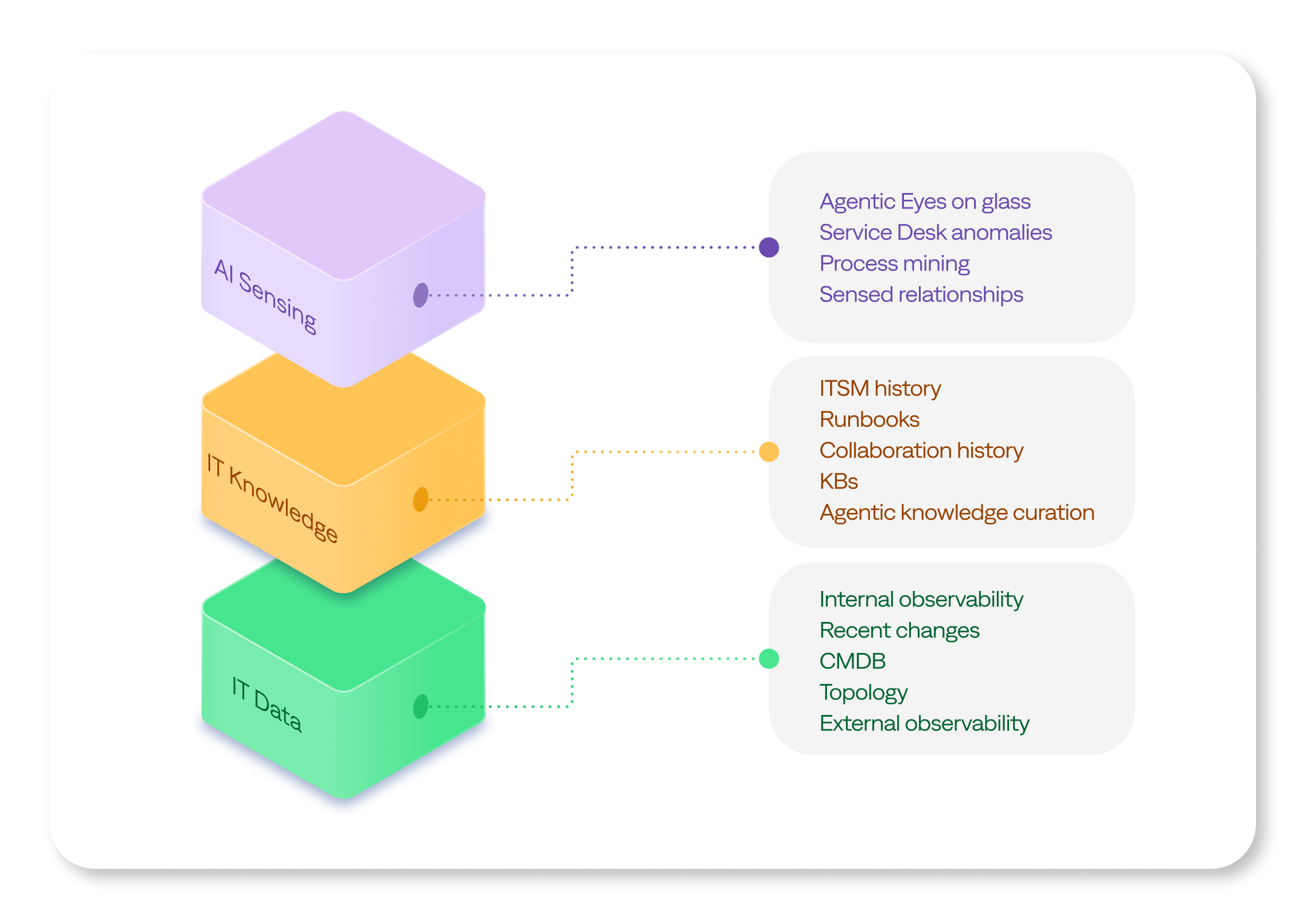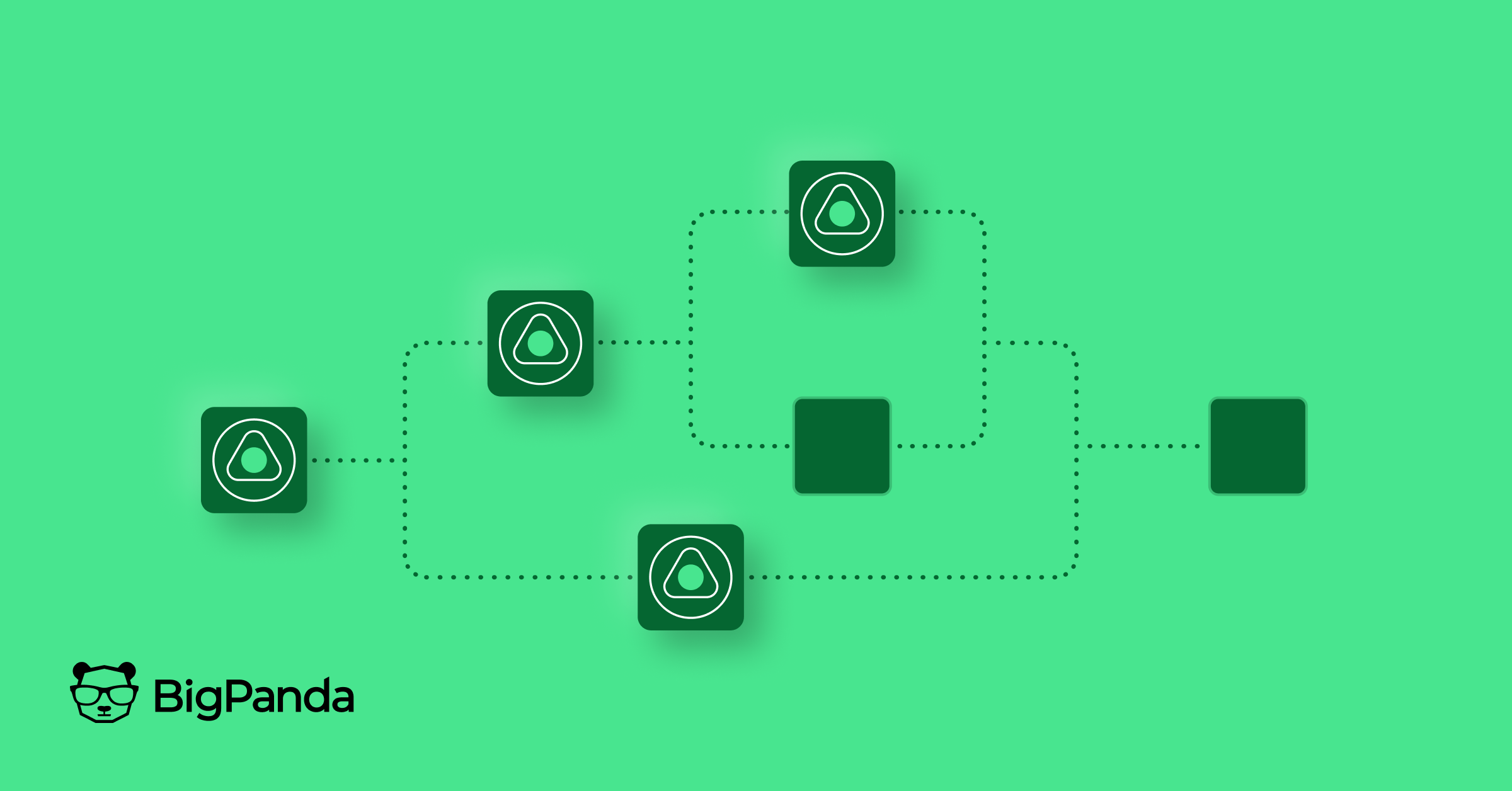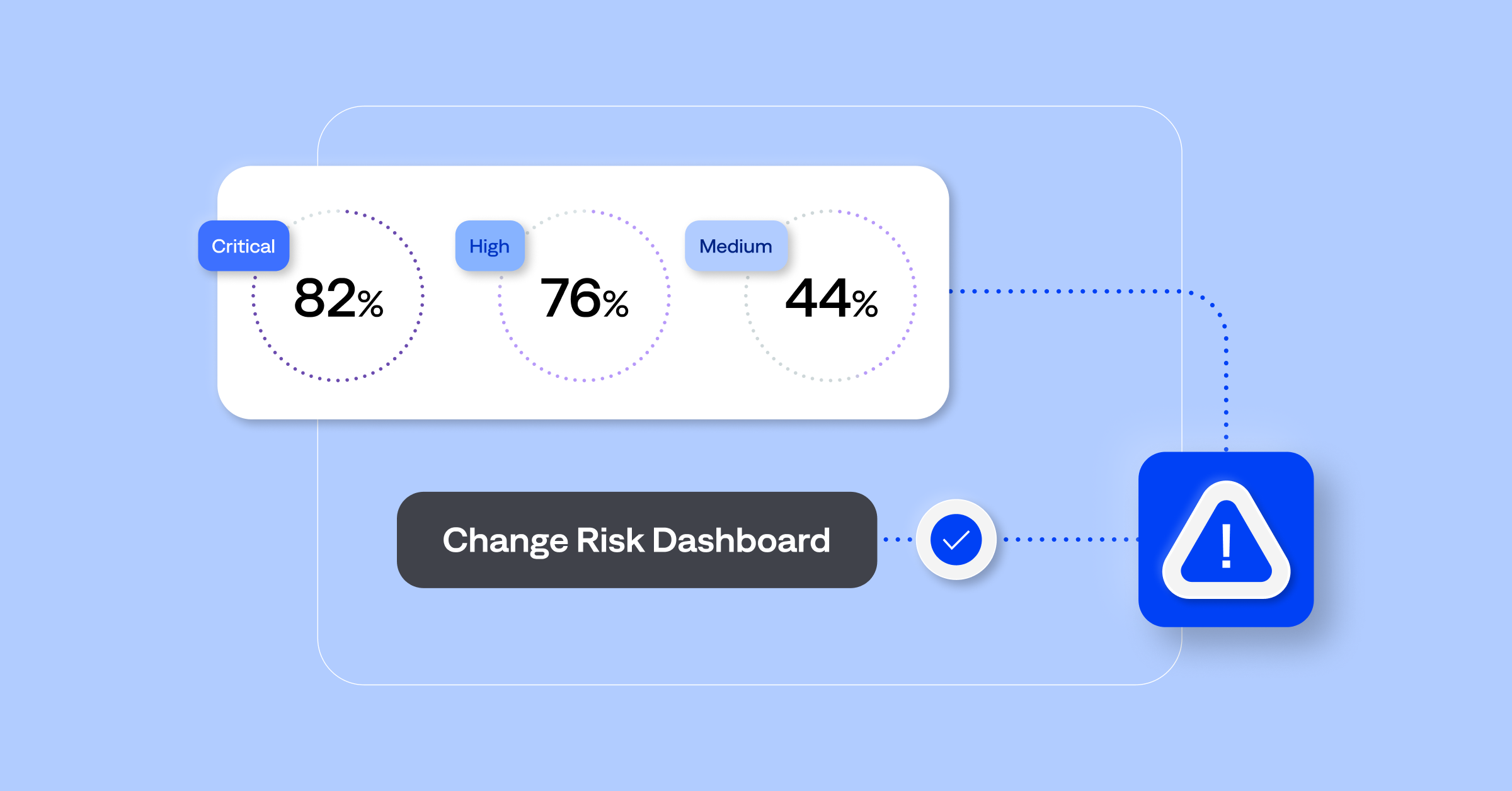Unlock a new era of agentic, AI-powered IT operations with a modern data strategy

IT operations have reached a breaking point. Hybrid cloud and modern software architectures have led to unprecedented increases in the scale, complexity, and fragmentation of IT infrastructures. In their attempts to manage this complexity, enterprises invest billions into observability tools, IT Service Management (ITSM) platforms, and outsourced Managed Service Providers (MSPs). Despite these investments, enterprises continue to rely on human-driven workflows, where responders must interpret data manually to diagnose issues and take action.
This inefficiency is rooted in the reliance on multiple, disconnected observability tools and rigid, structured data housed in Configuration Management Databases (CMDBs) and processed through brittle, rule-based systems. The lack of interoperability between these systems results in fragmented and outdated data. Vital information and operational knowledge, such as team expertise, unstructured tickets, and chat logs, remain buried and unusable. Frontline teams are left without the actionable context they need to detect, triage, and respond to IT incidents quickly and effectively.
Meeting these challenges requires a fundamental, tectonic shift in how enterprises approach ITOps, one where intelligent AI agents work alongside human experts to scale their capacity.
Enter automated, agentic IT operations, powered by BigPanda
Fragmented tools, teams, data, and processes are major bottlenecks that hinder collaboration and innovation, slow down incident resolution, and jeopardize customer experiences. At BigPanda, we recognize that agentic AI can completely change this paradigm.
Agentic AI is artificial intelligence that creates autonomous systems that can make decisions and perform tasks without constant human intervention. These systems, also known as AI agents, can adapt to changing environments, learn from experience, and collaborate with humans to detect, respond to, and prevent incidents at machine speed. Critically, agentic AI doesn’t require highly structured inputs to function, and can leverage all your messy, scattered data. This enables a radically different strategy that transforms static data into adaptive intelligence.
Today, we’re excited to introduce the BigPanda agentic IT operations platform. This sweeping evolution of BigPanda introduces a new set of AI-powered capabilities to help enterprises automate the manual and time-intensive workflows of ITOps and incident management.
BigPanda moves beyond structured data to tap into the long tail of operational intelligence and transform scattered context into real-time insights. Our platform uses purpose-built AI for ITOps and incident management teams to detect incidents faster, automate triage and diagnosis, and augment responder expertise to reduce resolution times.
BigPanda closes the gap between fragmented, manual detection and coordinated, confident, agentic resolution. We empower the teams that keep the digital world running to move faster, act smarter, and reduce operational costs. Let’s explore our platform’s newest capabilities.
BigPanda AI Detection and Response
BigPanda AI Detection and Response delivers advanced observability, correlation, and automation capabilities to streamline and accelerate the manual and disjointed processes of detecting, diagnosing, triaging, and resolving incidents.
AI Detection and Response offers capabilities that include:
Service desk observability: Bridge the gap between the network operations center (NOC) and service desk by automatically identifying and correlating related issues across both teams. Give your teams unified visibility to eliminate duplicative efforts, accelerate response times, and reduce escalations.
External observability: Expand your detection capabilities with real-time visibility into external dependencies, services, and real-world events such as power or internet outages and social media signals. Correlate this data to surface hidden issues and help your teams avoid slow, manual investigations.
Incident correlation: Cluster and correlate disparate incidents by uncovering hidden relationships that topology-based methods often miss. AI Detection and Response correlates topology maps, CMDB, knowledge base articles, and runbooks with other operational and informal knowledge sources. AI-powered analysis of this data reveals patterns of multiple incidents related to the same root cause or upstream issue. This correlation and analysis gives responders situational awareness of the broader business impact of incidents to prioritize response and take decisive actions.
Agentic runbook automation: BigPanda uses an AI-powered response agent to execute runbooks from detected alerts and incidents automatically. This agent learns from historical incidents, diagnostic data, and institutional knowledge in real time and delivers precise suggestions for priority, category, and assignment. These automated actions include clear reasoning on ‘why,’ so L1 responders can validate decisions and act confidently.
BigPanda AI Incident Assistant
AI Incident Assistant acts as a real-time AI partner for incident commanders, L2 engineers, site reliability engineers, and service owners to investigate and resolve incidents faster with agentic AI. It surfaces hidden institutional knowledge across siloed teams, tools, and systems to quickly uncover what’s happening, why, and how to resolve it.
AI Incident Assistant includes all the features of Biggy AI, whose name will remain as the interactive agent within Slack, MS Teams, and the BigPanda web application.
The new features of AI Incident Assistant include:
Agentic workflow automation: Bring automation capabilities into collaboration platforms by sensing, interpreting, and responding to real-time Slack and Microsoft Teams activity without direct prompts or human intervention. Create AI-powered workflows to automate routine tasks or answer common questions, such as asking who is on call, validating completed changes, and identifying possible root cause.
Change risk management: Analyze proposed changes and generate a calculated risk score using AI to estimate the likelihood of an incident, service degradation, or rollback. These scores help make smarter decisions, adjust rollout plans, and predict incidents to avoid service disruptions.
Agentic assembly: Involving the correct responders immediately reduces wasted time on bridge calls and lowers operational overhead. AI Incident Assistant automatically identifies the most relevant teams based on context from historical incidents, institutional and informal knowledge, and agentic swarming of observability tools.
The BigPanda IT Knowledge Graph
The IT Knowledge Graph is at the core of the BigPanda platform. It is a real-time intelligence engine, purpose-built to enable an AI-first data strategy. The IT Knowledge Graph continuously ingests and connects data buried across fragmented systems and silos across a large enterprise and uses that data to power insights and automation.
Traditional IT systems and processes require highly structured and curated data. BigPanda uses AI agents that learn from messy, incomplete, and informal inputs, mirroring how real-world teams operate.
This breadth of context enables BigPanda to support use cases that traditional IT approaches simply can’t. These include identifying incidents missed by monitoring and recommending resolutions drawn from chat threads and unlogged fixes.
The future of IT Operations is agentic
BigPanda transforms how enterprises detect, respond to, and prevent incidents. Agentic ITOps reduces blind spots, escalations, and end-user tickets, and ensures greater service reliability and exceptional customer experiences. It also helps enterprises significantly reduce operational costs by targeting:
High personnel costs are driven up by manual L1/L2 workloads and preventable escalations.
High MSP spend due to incentives based on ticket volume, not incident reduction.
These enhancements will be rolling out over the coming weeks and months. To learn more, attend our upcoming webinar where our CEO, Assaf Resnick, will highlight how agentic AI transforms reactive IT operations into intelligent, autonomous systems.
